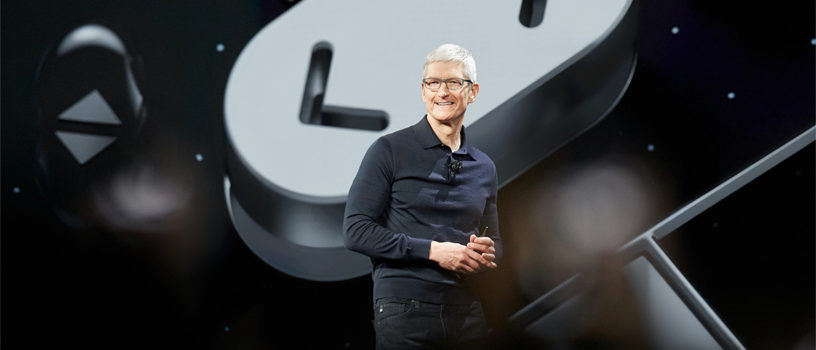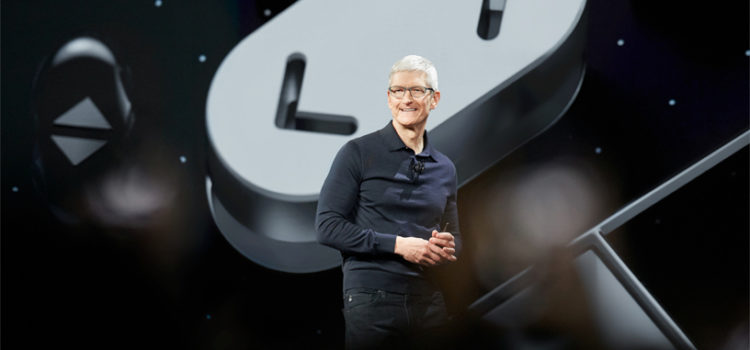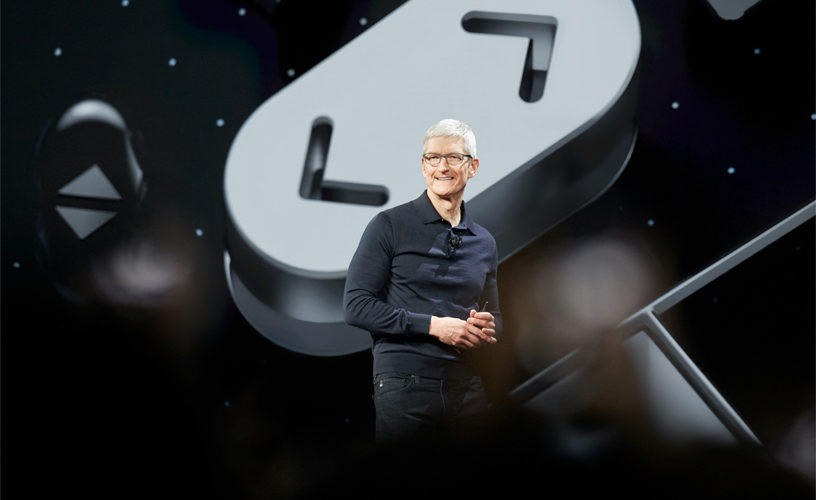


Apple’s big yearly developer conference, the WWDC, was on June 4th, and Apple showcased a ton of new software changes. We’ve rounded up some of the biggest notes from the event here, and we’ll be diving deeper into iOS 12 in a future article. For the most part, Apple focused on security and user protections. This is comforting, as we live in an increasingly-paranoid era where data breaches are all too common.
USB Restricted Mode
Grayshift, an iPhone hacking tool, uses a USB bypass to brute-force passwords into a locked iPhone. The new iOS has a variation of a previously-discussed mode that will disable these kinds of USB tools. The mode works by locking out USB devices accessing a phone that has been locked for more than an hour. That is, unless the password is put in. This move would keep both criminals and law enforcement from hacking into someone’s iPhone. This move would reignite the ongoing argument between Apple and law enforcement agencies about Apple’s responsibility for helping law enforcement access user data.
End-to-End Encryption
FaceTime, Apple’s popular video chatting service, now allows end-to-end encryption for up to 32 users. This is great for ensuring that your video calls remain safe from prying eyes, and also shows Apple’s dedication to user privacy. Just how they managed to pull off such encryption with such a large number of simultaneous users is unknown, though certainly impressive.
WWDC: Apple Committing to Security
Further advancements in iOS security were unveiled. Functions to keep websites and malware from spying on users were shown. Those functions would keep malicious programs from accessing the camera or microphone. Additionally, Apple is integrating software that allows your device to generate a strong password and then store it in iCloud. The password will then be automatically pulled when you need it, keeping your experience hassle-free and well-encrypted. This mimics apps that are already available, but, again, this shows Apple’s commitment to keeping all of their users’ data safe.
Upgrades to Siri
WWDC was also a chance for Apple to show off the new changes coming to Siri. The virtual assistant will be receiving a new functionality referred to as “Siri Shortcuts,” allowing users to create their own prompts for specific apps. This well help Siri to feel more useful, and hopefully encourage people to actually, uh, use her. Apple also promised that Siri would become more responsive and generally useful. This is critical if Apple wants to compete in the smart home sphere against Google and Amazon. Apple’s HomePod has been struggling, between it’s silly price tag ($350) and under-utilized virtual assistant.
While WWDC didn’t show off a ton of new gadgets, the improvements shown are all positive. The company is moving ahead in smart ways, showing a mature, responsible take on security.











No comments so far.
Be first to leave comment below.